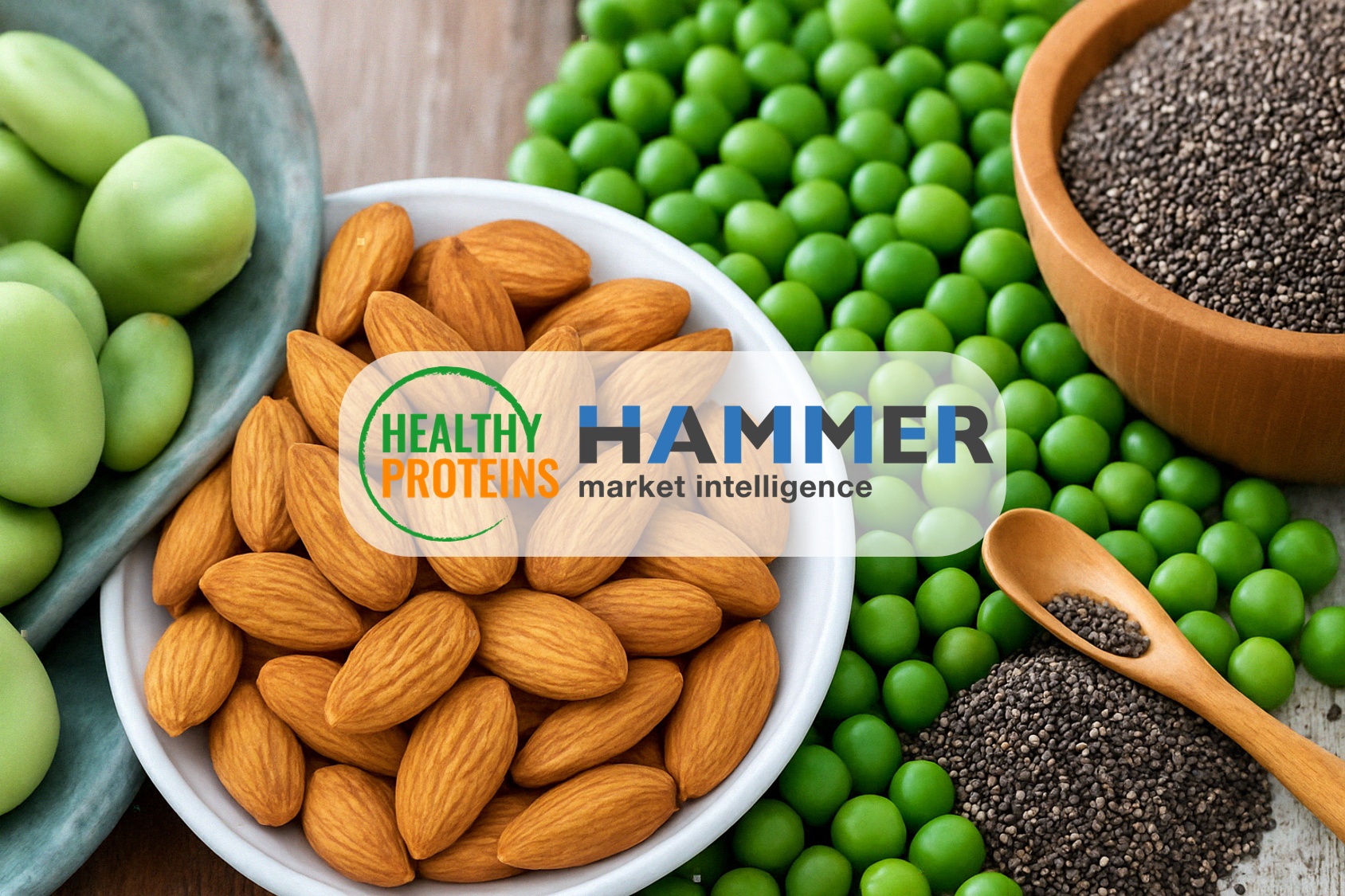Hammer analysis | Untapped potential of the Brazilian dairy sector
Key insights
- Brazil is sixths largest milk producer worldwide, consumption driven by 215 million locals
- Integration of technology is crucial for farm efficiency and competitiveness
- Positive investment sentiment among dairy farmers for the next two years
- Players in automation, genetics, health and machinery can thrive and contribute to the industry's growth
Overview Brazilian dairy sector
Brazil, a country known for its vibrant culture, football and carnival, also holds great promise in the agricultural sector. Among the various industries that thrive in this South American powerhouse, the Brazilian dairy sector stands out and offers huge untapped potential.

Brazil ranks sixth in terms of global milk production, producing 36 million metric ton of milk (CLAL, 2022). This volume is being produced by 16.1 million milk cows dispersed over approximately 400.000 dairy farms (Milkpoint, 2022). For comparison, The Netherlands is producing 14 million metric ton milk with 1.6 million milk cows (ZuivelNL, 2022). The Netherlands has approximately 14.700 dairy farms (WUR, 2022).
Brazilian dairy farming presents a unique landscape with a diverse range of farmers. The major dairy producing areas are located in the South and the Southeast regions of Brazil, responsible for almost 70% of total milk production. Milk yield in these regions is also significantly higher compared to the Northern part of Brazil. Variety in breeds, availability of pasture and feed supplements explain this difference in yield.
Approximately 30% of the milk produced in Brazil is not even recorded in official counts, as it is produced in remote areas and sold directly to local consumers, bypassing inspection and dairy processing facilities. Brazil is currently trending towards more productive, professional and larger size farms which are clear indicators for consolidation of the sector.
The local dairy market is driven by a staggering 215 million Brazilian consumers (Worldbank). Demand for dairy products is slowly increasing as disposable incomes rise and consumer preferences change. The emerging middleclass has embraced dairy as an essential part of their diet, providing a profitable market for dairy producers. The expanding urban population and growing middleclass provide a promising consumer base for dairy products, particularly convenient and ready-to-drink items.
Brazil is self-sufficient for almost 100% regarding dairy production. Most dairy products are consumed domestically, but increasing milk production provides the opportunity for Brazil to become a major exporting country in the future. Currently, Brazilians consume around 5,2 kg cheese / year (FAO, 2022), a relatively low figure compared to other South American countries, indicating the potential for further consumption growth.
Infrastructure and investment power barriers for growth
Despite the fact that there are a lot of factors to be positive about, there are two key challenges keeping Brazil’s dairy sector fragmented, and hindering it from meeting its true potential:
- Lack of decent infrastructure (roads, electricity, connectivity etc.)
- Low investment power (high interest rates and access to capital)
First, infrastructure. Brazil is an enormous country with strong regional differences in infrastructure. In the more populated regions, lot of investments have been made during the last decade. However, in the less populated regions there is a lack of decent roads, electricity and connectivity. A strong network of roads is necessary for picking up milk by dairy processors. Electricity and internet connectivity are a pre-requisite for dairy farmers to invest in farm management software and robotization: fundamental themes to support professionalization and efficiency.
Second, investment power. Due to lacking access to cheap money Brazilian dairy farmers struggle to find capital to invest in their operations. Investments in dairy farming operations are highly capital intensive, especially when they involve new robotics or expansion of the barn. The current interest rate equals 12,75% (Banco Central Do Brasil, 2023), making it difficult to borrow money against favorable conditions.
In order for Brazilian dairy farmers to advance their professionalization and boost milk production, they must conquer both challenges.
Positive sentiment among Brazilian dairy farmers
Brazilian dairy farmers indicate that they are quite positive considering the outlook for their own dairy farm as well as the Brazilian dairy farming sector in general (Hammer research, 2023). 64% of the respondents sees the future of their own dairy farm as positive. Hammer research also reveals that animal welfare (30%) and organic farming (20%) are being considered as the most important topics influencing the dairy future in the coming years.

Investment behavior
Despite the lack of access to cheap money and the lack of decent infrastructure, 70% of Brazilian dairy farmers indicate that they are planning to invest in their operations in the next two years (Hammer research, 2023). The positive investment climate offers opportunities for companies active in milk processing, feed and additives, milking and barn equipment, genetics, animal health and farm machinery to contribute to the sector’s growth.
Capitalize on market opportunities
In the ever-changing Brazilian dairy market, farms that embrace adaptability are set to thrive in this industry. With domestic demand steadily rising and international interest remaining robust, the sector presents a promising chance for expansion and gaining more global recognition. To achieve optimal dairy farm operations, the integration of cutting-edge technologies such as robotics and farm management software is vital. These advancements not only enhance yields and profitability over the long term but also lead to substantial improvements in farm efficiency and competitiveness.
Given the dynamic landscape of the Brazilian dairy sector, diverse players engaged in automation, genetics, health, and farm machinery can capitalize on tremendous opportunities to thrive and make significant contributions to the industry.
Recent blog posts

Supporting HealthyProteins in shaping strategic focus for growth

How Data Science is Revolutionizing Market Intelligence | 6 Game-Changing Uses


